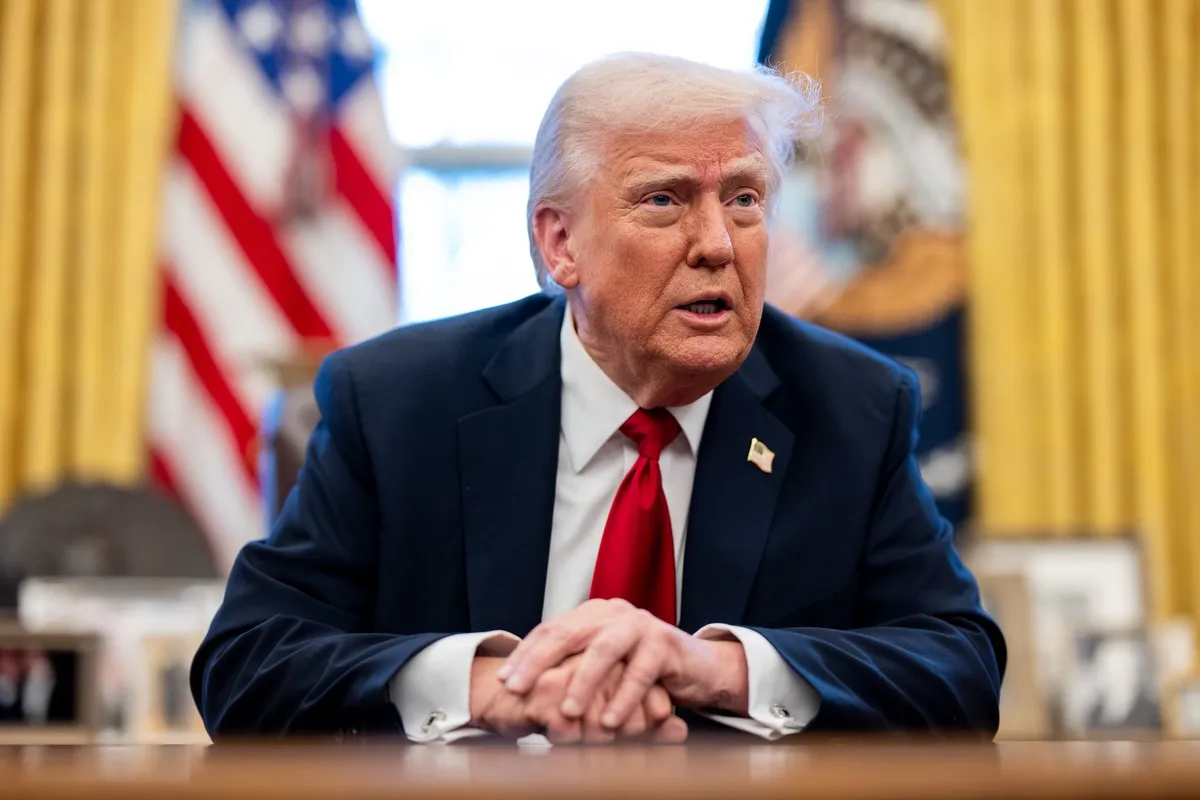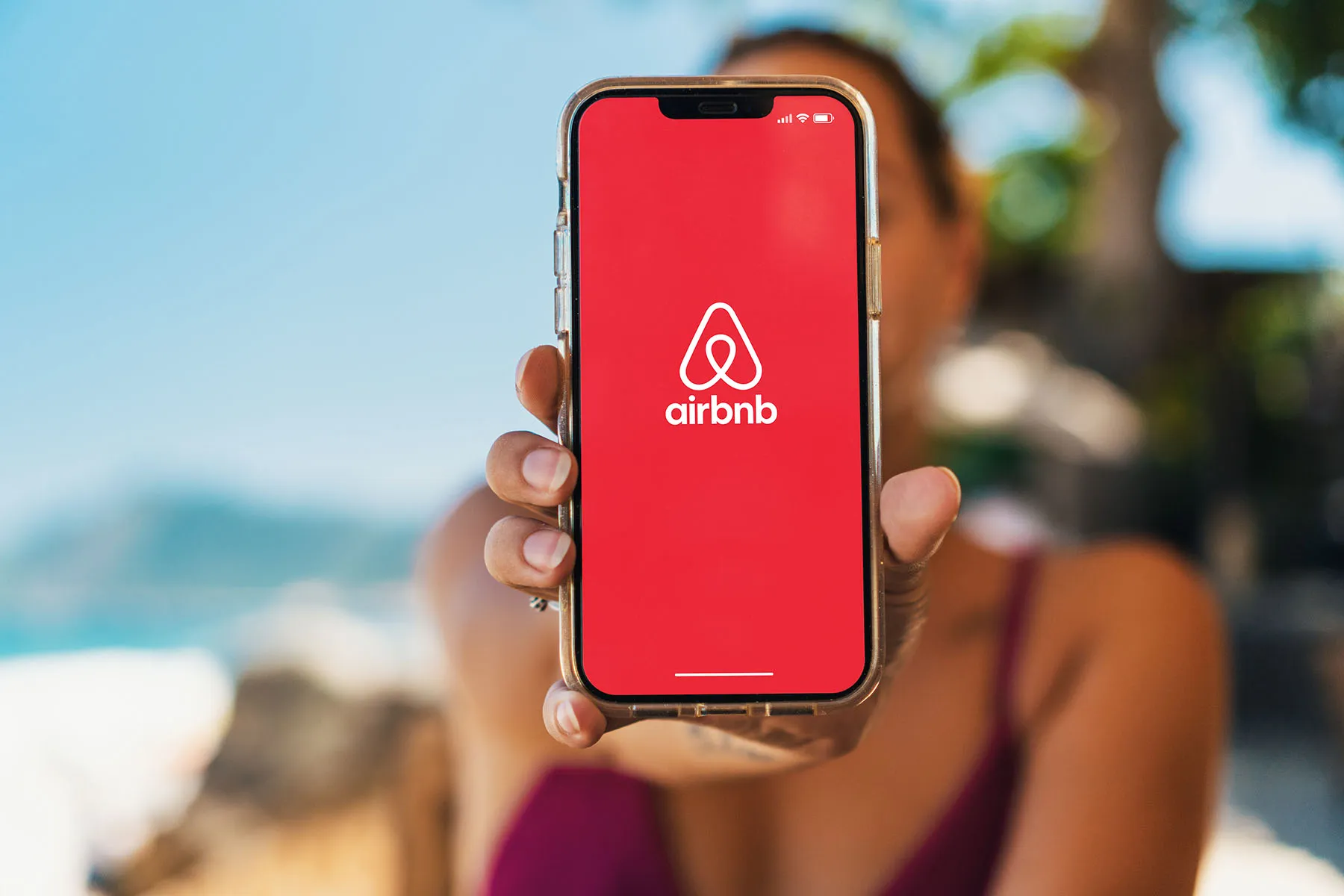Hilton CEO Says Business Could Be Impacted for Up to a Year From Coronavirus

Skift Take
Hilton has closed about 150 hotels in China in response to the growing coronavirus crisis, taking 33,000 rooms out of commission, Hilton CEO Chris Nassetta said on Tuesday.
The hotel industry could end up having to deal with the impact of coronavirus for the next 12 months, Nassetta told investors during a call detailing the McLean, Virginia-based company’s 2019 earnings.
While the earnings report released on Tuesday does not reflect the impact of coronavirus, Nassetta said the company has made projections for the year ahead based on the industry’s experience with the SARS outbreak in 2003.
“What we looked at is sort of in a range of outcomes, 3 to 6 months of escalation and impact from the outbreak. And then these things don't turn around typically overnight, another 3 to 6 months on recovery. So essentially, a 6- to 12-month period of time,” Nassetta said.
Nassetta said that if the crisis lasts that long, the company could see a $25 million to $50 million impact on its full-year adjusted EBITDA, or earnings before interest, taxes, depreciation, and amortization, which is a key measure of a company’s overall financial performance.
He said that for the full year, there could be a 100 basis point, or 1 percentage point, decrease on the growth of comparable system-wide RevPAR, or revenue per available room, another key measure of fiscal health.
Hilton is the first major hotel company to weigh in on the financial fallout from the coronavirus crisis. The number of deaths attributed to the outbreak surpassed 1,000 this week in mainland China.
Hilton is not the only hotel company that has had to close hotels in China. Best Western CEO David Kong told Skift on Monday that it too has had to shutter many hotels. The crisis is affecting other parts of Asia including Singapore, Indonesia and Malaysia because of all the intraregional travel that originates from China. Hong Kong, which was already reeling form the mass protests that began last year, is also in dire straits.
All sectors of the travel industry have been affected by the outbreak. Major airlines, including American and British Airways, have canceled flights to China. Passengers have been quarantined on cruise ships in the area.
In the first quarter of this year, Hilton Chief Financial Officer Kevin Jacobs estimates that there could be a roughly 100 to 150 basis point drag on system-wide RevPAR growth and a $10 million to $20 million drop on EBITDA due to the crisis.
Nassetta cautioned, though, that the projections are preliminary.
“We're reporting at a time where we know a bunch, but not that much relative to where this thing is going,” he said. “But we thought the only responsible thing to do was to sort of look at a historical perspective and give everybody the best sense that we have and use science around the data that we have.”
China represents 2.7 percent of Hilton’s overall EBITDA.
Growth was lagging in the Asia Pacific region even before the outbreak due to softening economic trends in China, trade tensions and the protests in Hong Kong.
In the fourth quarter of 2019, RevPAR in the region fell 3.8 percent. In China, it dropped 7.8 percent, due to a slowdown in leisure travel and the Hong Kong protests. For all of 2019, RevPar in the Asia Pacific region declined 0.9 percent.
“Our RevPAR growth expectations for the Asia Pacific region would be in line with our system-wide guidance with the benefit from the summer Olympics in Tokyo offsetting continued weakness in China,” Jacobs said.
Hilton had modest overall performance for the fourth quarter of 2019 and the full year.
Net income was $176 million for the fourth quarter, compared to $225 million for the same period in 2019. Net income for the entire year was $886 million, up from $769 million in 2018.
Adjusted EBITDA was $586 million for the fourth quarter, compared to $544 million for the same time in 2018. Adjusted EBITDA was $2.3 billion for the whole year, up from $2.1 billion in 2018.
RevPAR decreased 1 percent for the fourth quarter, partly due to tepid business transient travel. But it increased 0.8 percent for all of 2019.
There were 33,700 new rooms approved for development during the fourth quarter, growing the company’s pipeline to 387,000 rooms as of Dec. 31, 2019. That is a 6 percent increase from the same time in 2018.
Nassetta said 2019, which marked the company's 100th year, was its strongest on record.
“Our brands continue to perform well, achieving the strongest market share gains we've seen in a decade despite a more challenging environment that weighed on our top line,” Nassetta said.




